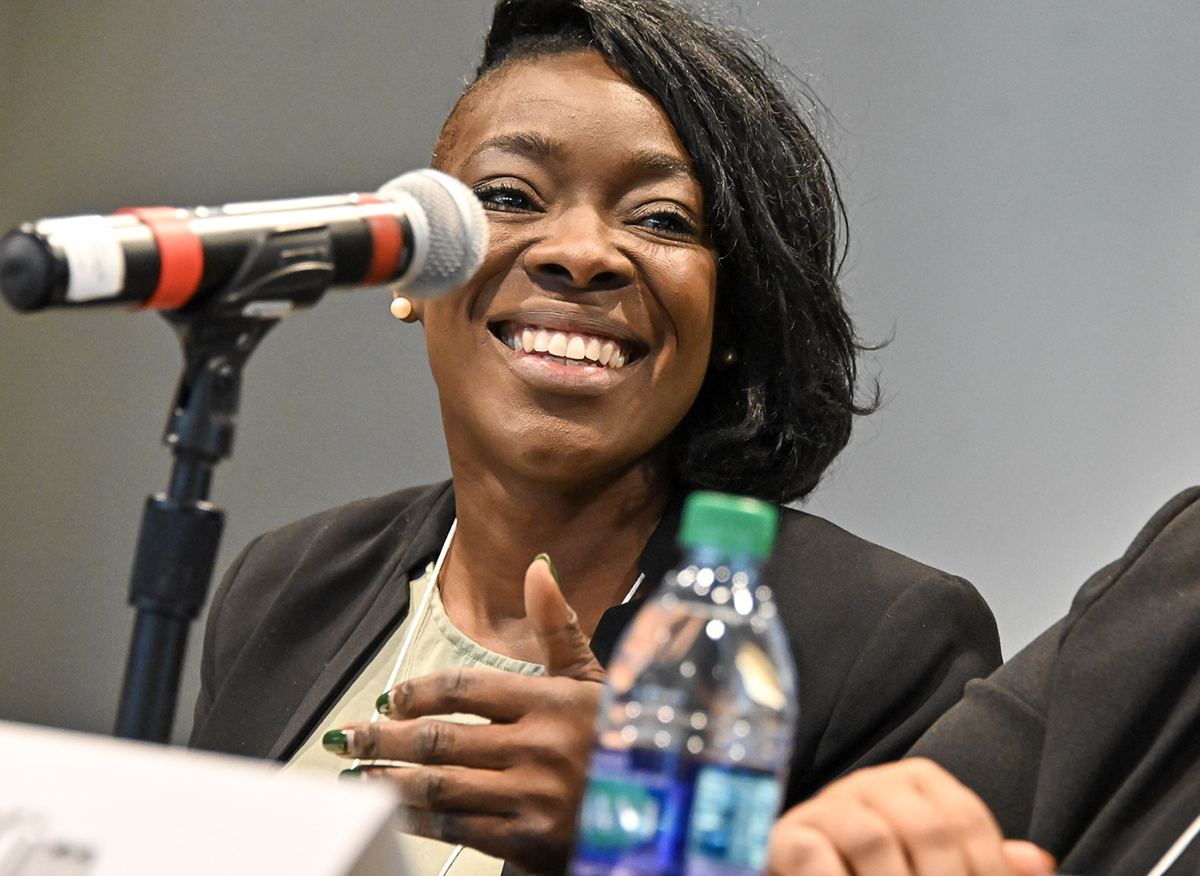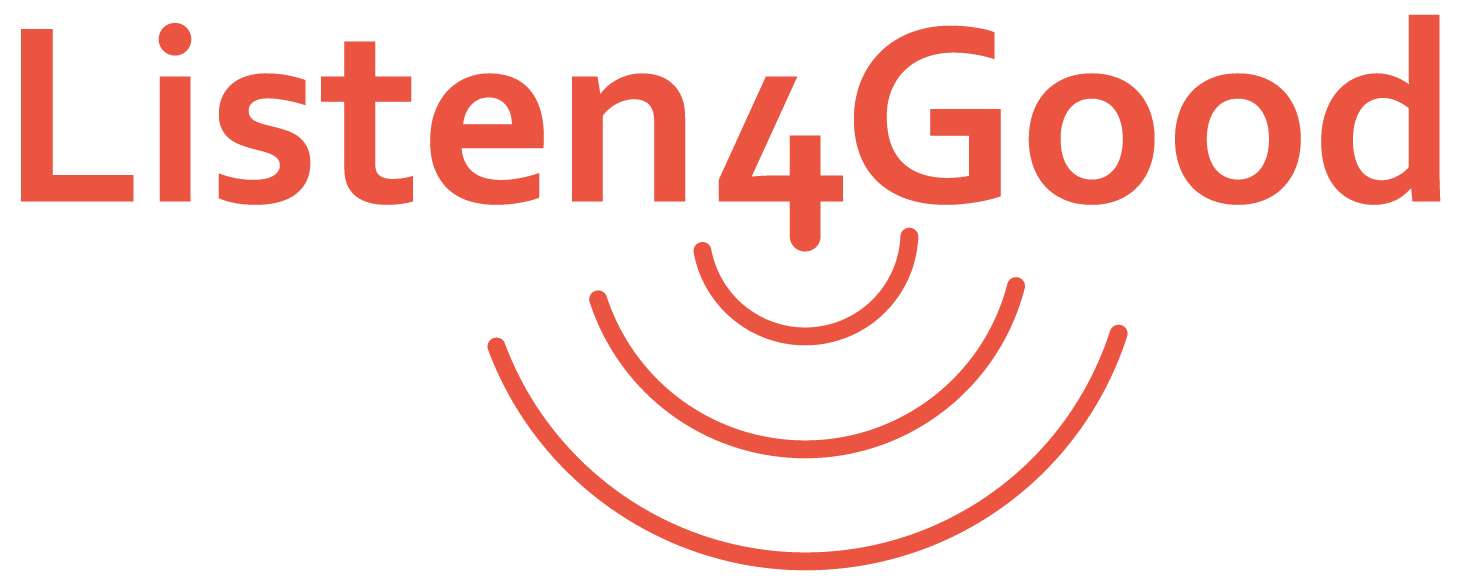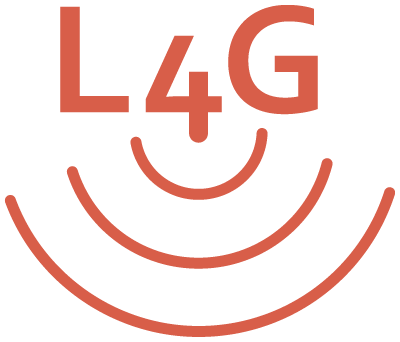Financial-Services Nonprofit Gets Client Feedback That is Right on the Money

As the economic impacts of COVID-19 started to become clear, Compass Working Capital, in Massachusetts, was ready to help its clients learn more about such issues as unemployment benefits and the federal government’s relief plans. Staff members at the nonprofit financial-services organization were planning six webinars, excitedly bringing the idea to their client advisory board to find out how best to schedule the series. Should they run the webinars weekly, bi-weekly, or monthly, they asked the clients. The answer: None of the above.
“We went in there asking about a, b, or c, and we were surprised to hear that what they wanted was not on that list,” says Sandra Suarez, Compass’s director of special programs. “We went there for feedback on one thing and got feedback on another. It was what we needed to hear, even if we didn’t know it.”
Compass created the 12-person advisory board in 2019, following up on responses to its Listen4Good surveys when clients expressed interest in a regular and formal structure for continuing to share feedback. Compass asked its financial coaches to nominate clients to participate on a board that would reflect the demographic make-up of the people the organization serves, nearly all women of color. The group was established to meet quarterly, but monthly meetings soon became routine as Compass’s CEO, program directors, and coaches were showing interest in running nearly every idea by the board. The organization’s new strategic plan calling for quick-turnaround experiments in service delivery that would incorporate short-term feedback loops also put a spotlight on the board’s work.
That’s why participants were ready that day in April 2020, when the COVID-19 webinar series was on the table. They explained to the staff — including the CEO, Sherry Riva, who attends every in-person and now virtual meeting — that they and their peers were too busy, exhausted, and distracted to tune into webinars. Better that the information be shared through emails and newsletters they could read on their own schedule, they said, and through texts, where links to other resources could be at their fingertips. Advisory board members also nixed one of the planned topics, paying off debt, noting that meeting everyday expenses was top of mind, not planning for savings.
Compass dropped plans for the webinars, changed up the learning topics, and shared information over the next few months through a series of emails and texts.
“My experience has always been that they have listened and we’ve had opportunities to express our feelings, like with our coaches,” says Telesha Mervin, an advisory board member. “But having the board is a whole other level.”
And the next level, Telesha says, is the new Peer-to-Peer Power Network, 25 clients meeting regularly to discuss issues, share resources, and advise each other. Telesha is the network’s client ambassador, a position that earns her a stipend to facilitate meetings and communicate between the peer group and the advisory board. If the network, launched this fall, is a success, Compass intends to add new groups to it, maybe with issue-area focuses, like one for homebuyers, or by geography so clients can help each other out with local resources.
“The peer-to-peer is where we’ll really be empowered and empowering others,” Telesha says. “It’s elevating and respecting folks where they are.”
Sandra agrees that the peer network will “help put clients at the center of [Compass’s] work, incorporating and lifting their voices.” And, she says, “making sure we don’t just come up with something like webinars during a pandemic and think that’s the greatest idea.”

